All-in-one software solutions, enhanced with AI
MCS Rental Software gives you full control of your rental business. It offers a comprehensive suite of AI-empowered solutions designed to improve performance and drive business growth. From managing your sales pipeline to streamlining operations and logistics, our rental systems are here to help you succeed.
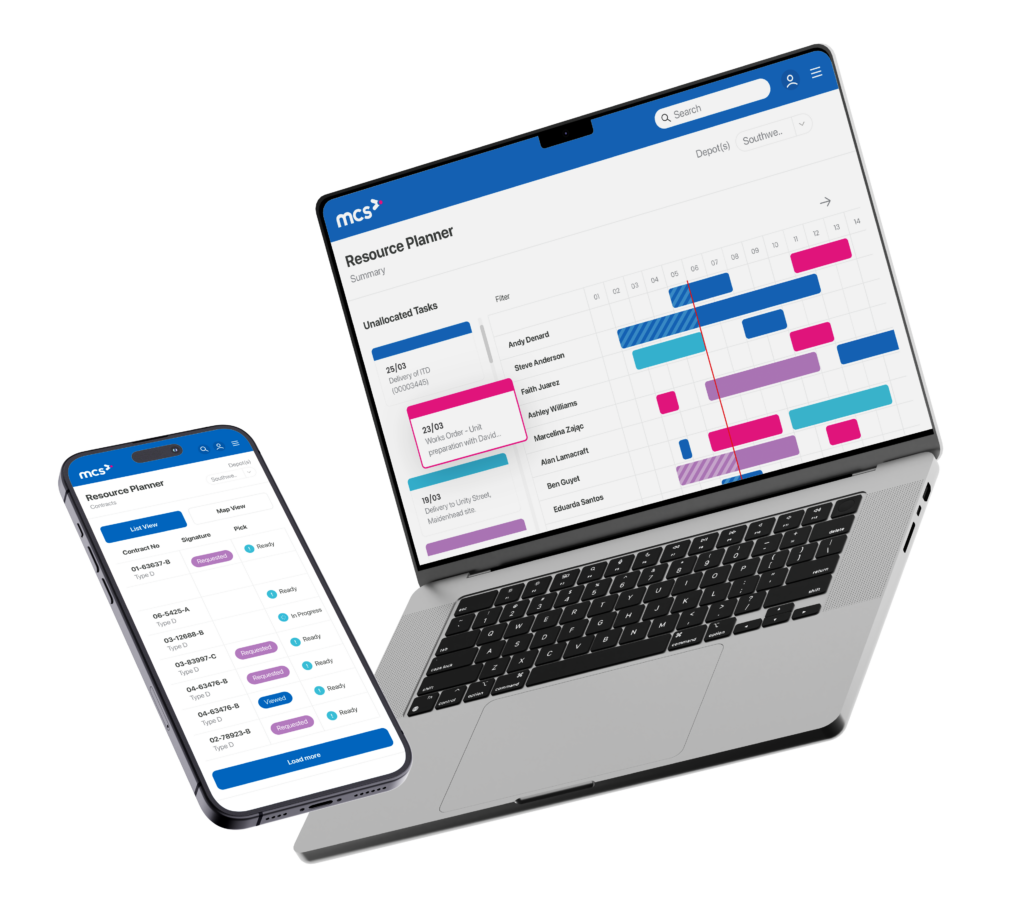
Why choose MCS?
Improve Asset Utilization
Gain full control of your assets with the MCS rental system software. Store all asset history in one place to review equipment information and plan effectively for the future.
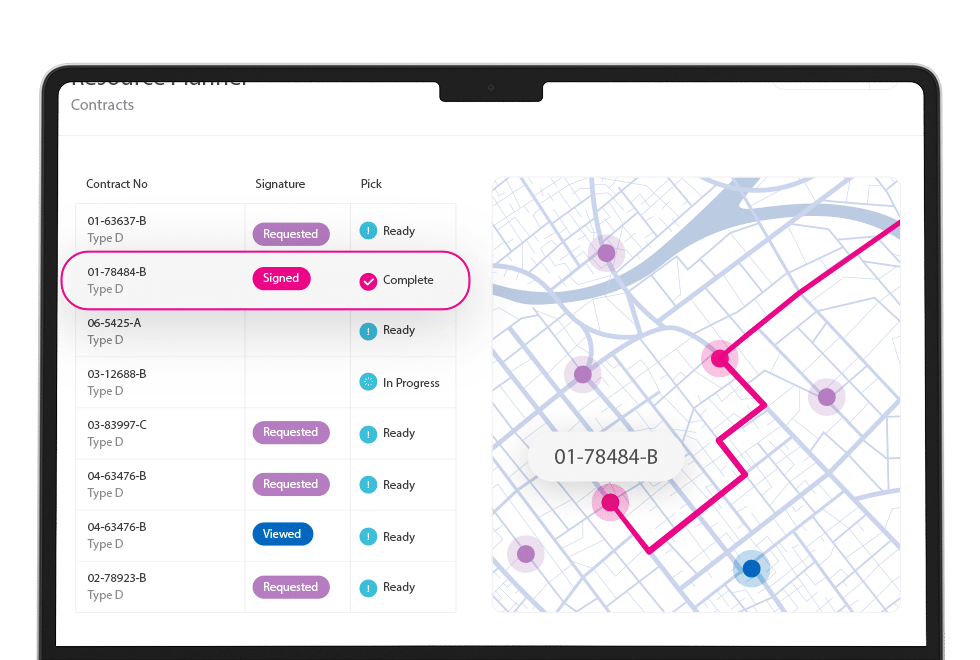
Enhance Profitability
Unlock deeper insights into your rental business with advanced KPI tracking and smarter decision-making, all powered by AI-enabled reliable rental software solutions that support your growth.
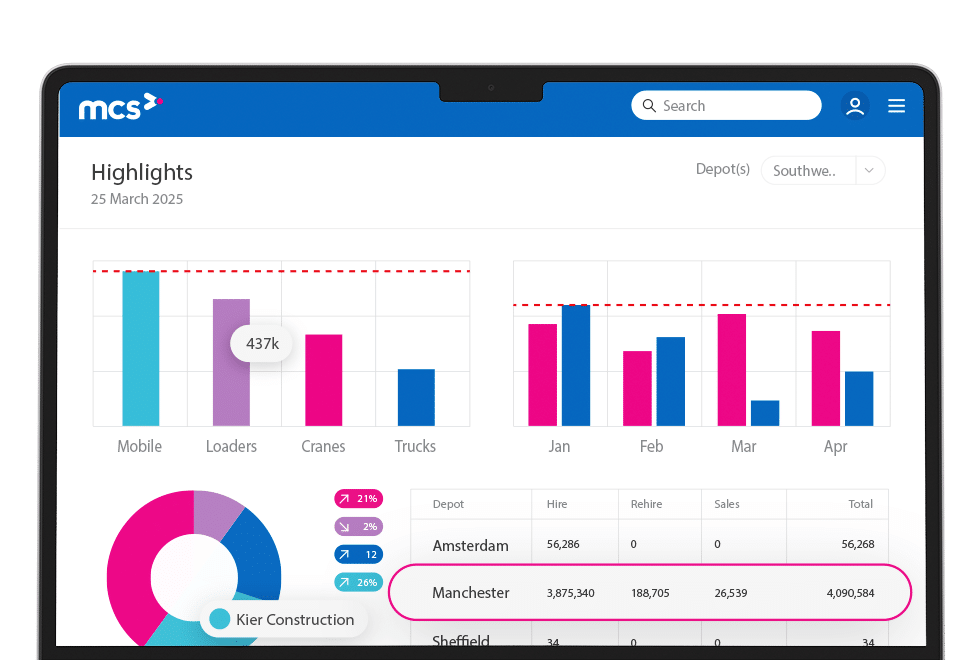
Boost Productivity
Stay connected with real-time data and mobile apps to improve business processes and increase visibility. Keep vital information at your fingertips with cutting-edge business rental software designed to support your operations.
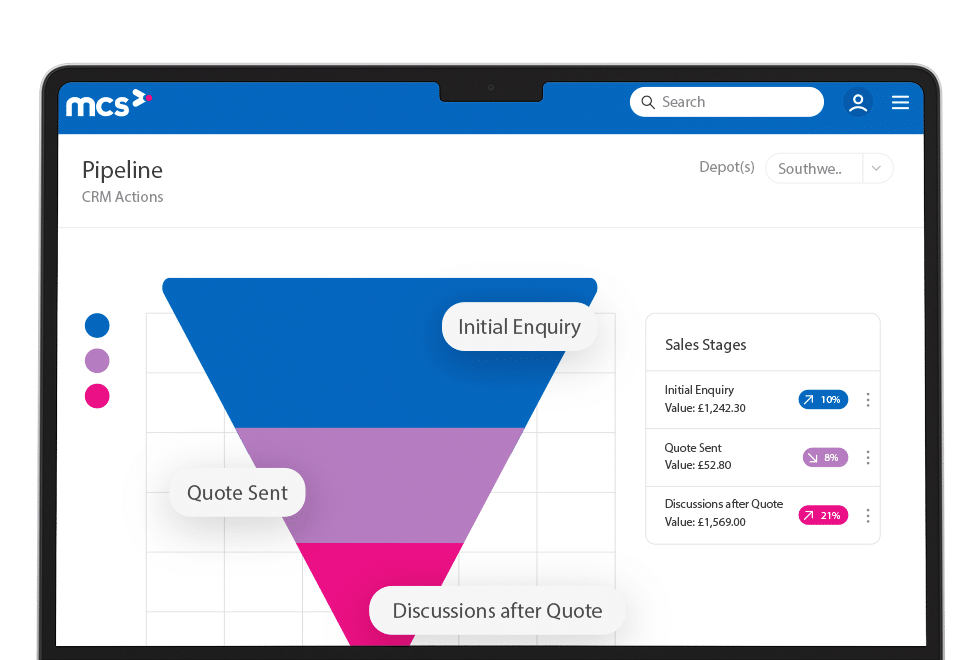
Resources

Guide
Improving safety procedures in your rental company

Guide
How to reduce costs and improve payment speed with automated rental invoicing
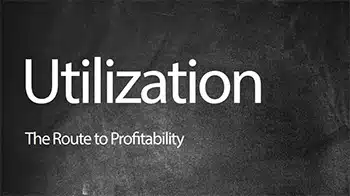
Guide
Utilization – the route to profitability

Committed to carbon neutrality
At MCS, we are proud to be a carbon neutral business, leading the way in sustainability within the rental industry. By offsetting our emissions and reducing our environmental impact, we are helping to build a greener future for our planet.
Ready to elevate your rental business?
Connect with our expert team to discover how MCS Rental Software can drive your success. We’re here to answer your questions and help you find the perfect solution.

















